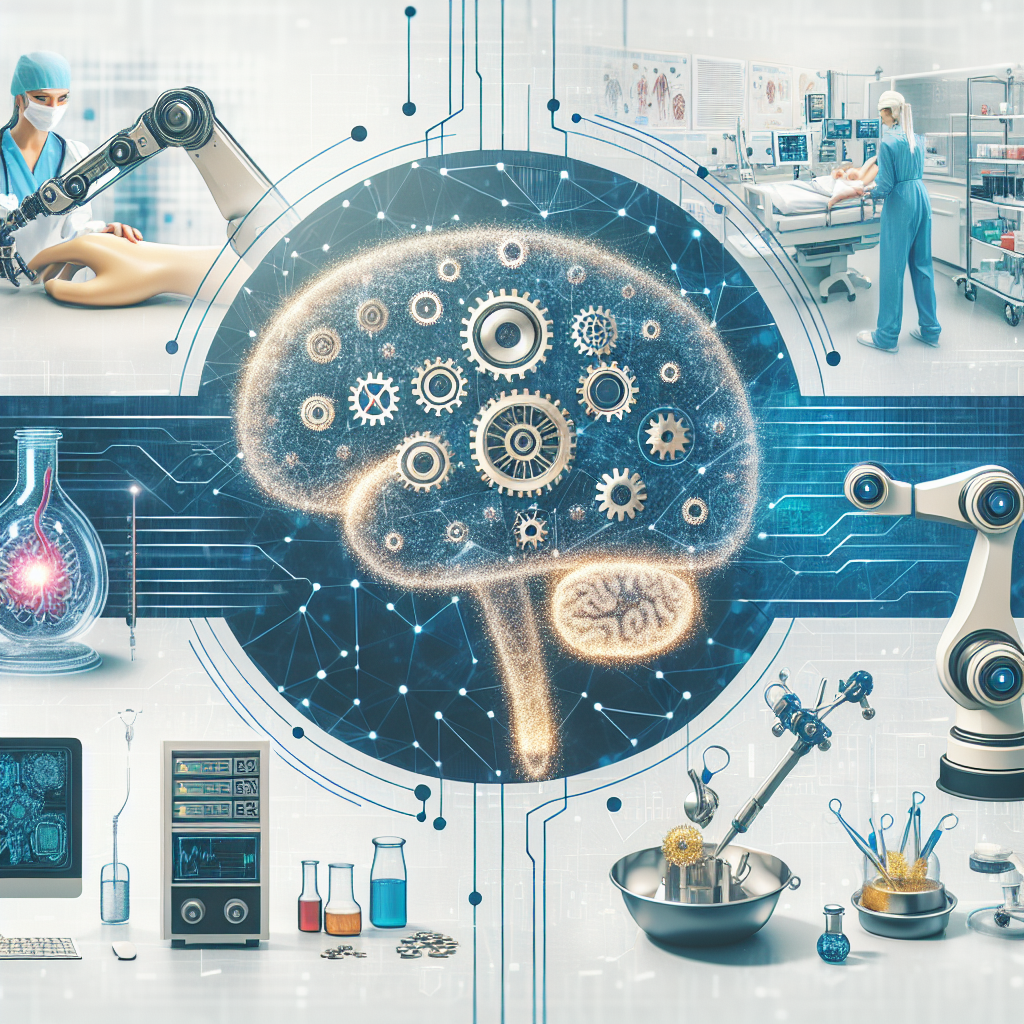Your cart is currently empty!
The Role of Artificial Intelligence in Healthcare and Medicine

Artificial intelligence (AI) is revolutionizing the healthcare industry by enabling healthcare providers to deliver more personalized and efficient care to patients. From diagnosis and treatment to patient monitoring and administrative tasks, AI is playing a crucial role in improving healthcare outcomes and reducing costs.
One of the key areas where AI is making a significant impact is in medical imaging. AI-powered algorithms can analyze medical images such as X-rays, MRIs, and CT scans with a level of accuracy and speed that is unmatched by human radiologists. This not only helps doctors make faster and more accurate diagnoses but also reduces the risk of human error.
AI is also being used to improve patient outcomes through predictive analytics. By analyzing vast amounts of patient data, AI algorithms can identify patterns and trends that can help healthcare providers predict and prevent diseases before they occur. This proactive approach to healthcare can lead to better health outcomes for patients and reduce the burden on the healthcare system.
In addition to diagnosis and treatment, AI is also being used to improve patient care and monitoring. For example, AI-powered chatbots can provide patients with personalized medical advice and guidance, while remote monitoring devices can track patients’ vital signs and send alerts to healthcare providers if any abnormalities are detected. This not only improves patient engagement and satisfaction but also reduces the need for unnecessary hospital visits.
AI is also streamlining administrative tasks in healthcare, such as scheduling appointments, billing, and coding. By automating these repetitive tasks, healthcare providers can focus more on patient care and reduce the burden on administrative staff.
Despite the numerous benefits of AI in healthcare, there are also challenges and concerns that need to be addressed. One of the main concerns is the potential for bias in AI algorithms, which can lead to disparities in healthcare outcomes for certain populations. It is important for AI developers to ensure that their algorithms are fair and unbiased to ensure equitable healthcare for all patients.
Overall, the role of AI in healthcare and medicine is rapidly expanding, with the potential to transform the way healthcare is delivered and improve patient outcomes. By harnessing the power of AI, healthcare providers can provide more personalized, efficient, and effective care to patients, leading to a healthier population and a more sustainable healthcare system.

Leave a Reply